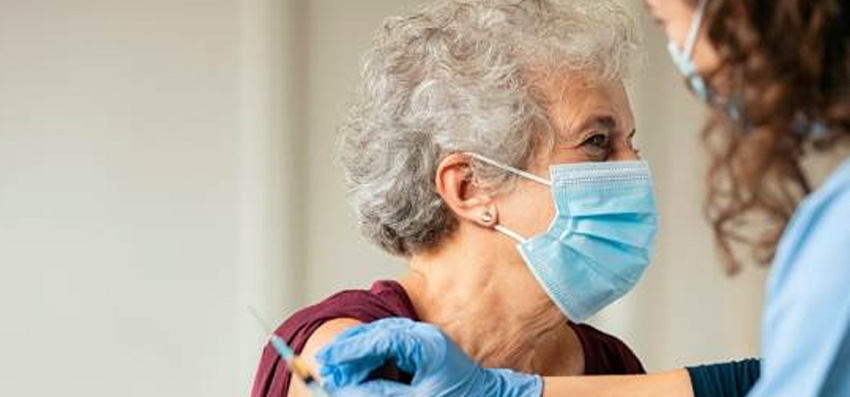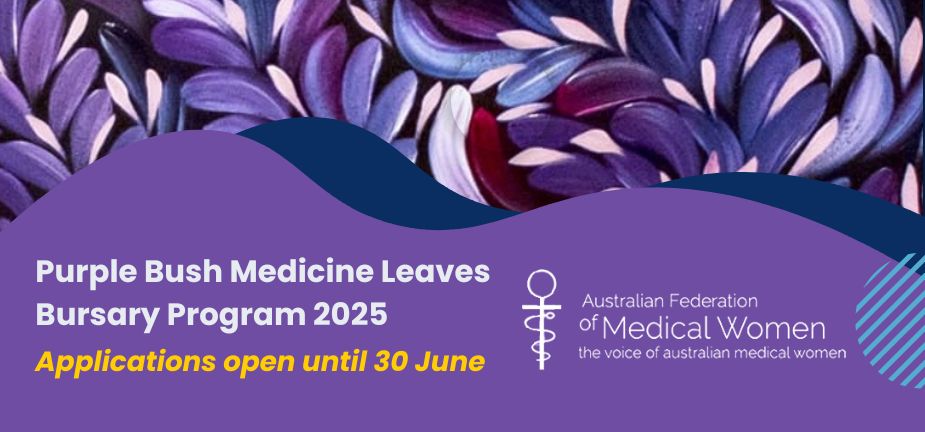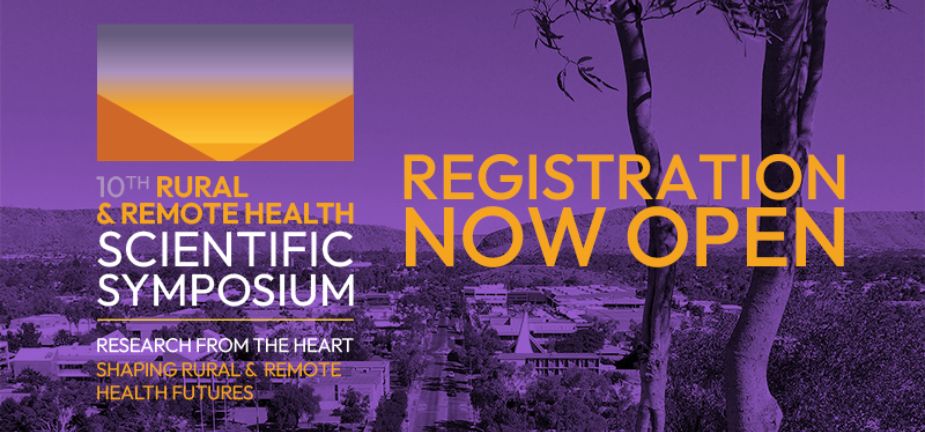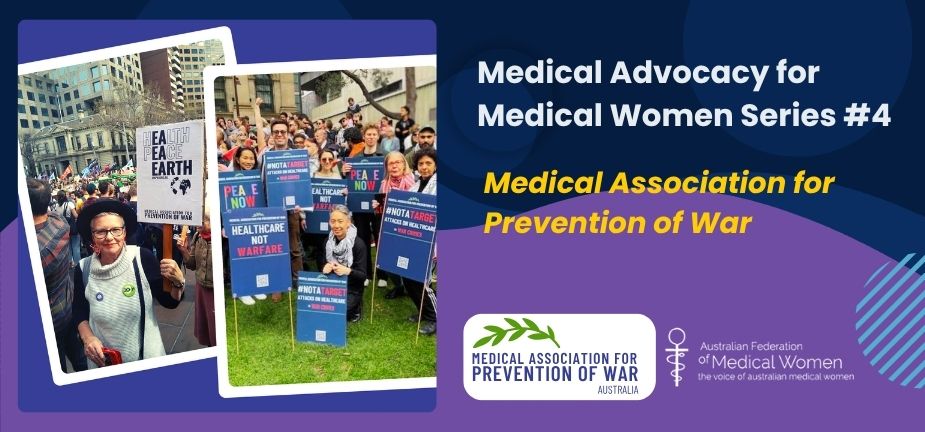The imminent roll out of a COVID vaccine provides a timely opportunity to engage in a discussion regarding adverse events reporting and the role of the GP in this process. With COVID-19 vaccination(s) on the horizon, GPs will be central to delivering the new immunisations. How confident will the public be to have the new COVID vaccine and what are our responsibilities in terms of dealing with these concerns from our patients? How should GPs deal with suspected adverse events and uncertainty in this context?
There are around 198 vaccine candidates in pre-clinical trials, including 44 undergoing clinical trials in humans and with the UK becoming the first country in the western world to authorise a vaccine, the likelihood is that the Therapeutic Goods Administration (TGA) will approve the same Pfizer vaccine for use in Australia, if it’s proven to be safe and effective. Planning is already underway for the distribution and administration of a safe and effective COVID-19 vaccine.
GPs will be key to delivering messages to the public and administering the vaccine and the statement from the International Coalition of Medicines Regulatory Authorities on vaccine confidence highlights the benefits and safety of vaccines. The development of the vaccine to prevent COVID-19, is one of the highest public health priorities today, because it can help protect everyone against this major threat. The Australian Government has agreements for the supply of COVID-19 vaccines, if they are proved to be safe and effective, with:
• University of Oxford/AstraZeneca
• Novavax
Never before has it been more important that fragmentation of vaccine administration across the health sectors be avoided. The vaccine will be delivered in phases to priority groups determined by Australian Technical Advisory Group on Immunisation (ATAGI) prioritisation due to shortage of global supply and global demand.
The three key categories include:
People in high risk exposure settings: Healthcare workers and aged care workers and others such as residential, disability care workers, people in other settings where the risk of virus transmission is increased such as correctional and detention facilities, and meat processing plants.
People at increased risk of dying from exposure to virus: older people, people with pre-existing underlying medical conditions, Aboriginal and Torres Strait Islander people.
People working in critical services: staff such as emergency services providers, defence forces, public health staff and staff managing quarantine facilities.
More information on the strategy is available here. The Department of Health is working with:
• the COVID-19 Vaccines and Treatments for Australia – Science and Industry Technical Advisory Group
• the TGA
• the Australian Technical Advisory Group on Immunisation (ATAGI) COVID-19 Working Group
• local and international vaccine manufacturers.
Over the course of our professional lives as GPs, we will be faced with patients who report adverse drug reactions, reactions to vaccinations and complications from devices such as pacemakers, prosthetic joints and mesh for hernia repair, stress urinary incontinence and pelvic organ prolapse, to name a few. Patients may report possible adverse reactions, but GPs are not obliged to report these. Partly, this is due to the administration of the process of reporting and lack of clarity regarding our duty to report these events.
GPs should be more strongly encouraged to report adverse events, as reporting allows the TGA to monitor product use, monitor their performance in the real world and identify trends that may indicate emerging safety and performance issues, thereby enabling the TGA to take appropriate regulatory action to address these issues to reduce the negative impact on the public. Overall, the number of complaints that reach the TGA can be a very poor indicator of the level of harm occurring. More information on the reporting of adverse vaccination events is available here.
The Transvaginal Mesh Senate Inquiry from 2017 prompted the formation of a National Transvaginal Mesh Steering Committee which I participated in through the Australian Commission on Quality and Safety in Health Care (ACQSHC), to address the gaps in patient engagement. Lessons learned from this enquiry can inform our strategy for managing these uncertainties in primary care, including the roll out of a COVID vaccine.
The TV Mesh Inquiry made 13 recommendations and identified that patients expected their GP to be aware of the foreign device having been inserted and that GPs are aware of potential complications of such procedures. Basically, patients expect GPs to be able to provide unbiased, pre-operative counselling and postoperative follow-up over time. A common theme amongst complaints raised by patients in these inquires was that GPs did not address the aggrieved women well and that they fell short of being able to connect symptoms with the procedure, even after several years.
Few patients consulted in this inquiry considered the fact that GPs do not know everything about every possible condition and it was agreed that the provision of pathways for GPs to best support their patients in novel situations such as this could facilitate better doctor-patient relationships. A positive outcome from the inquiry is that these pathways now exist. We need to have similar pathways for the COVID vaccine related questions and adverse events, as a single point of reference to reduce harm, raise confidence and avoid misinformation from flourishing.
Another key take home message from the TV Mesh Inquiry for primary care is that information sharing between different sectors of the health system should be consistent streamlined and traceable. Consumer education and health literacy should be considered an integral part of the consent process and all medical practitioners including GPs, should be provided with education around new devices which should include safety profiles, with accessible websites to look these up. The consultation found there was strong consensus across all stakeholder groups for the need for the TGA to establish and maintain an Australian Unique Device Identification Database (AusUDID), and that it should be linked to the Australian Register of Therapeutic Goods (ARTG), as well as other databases. The Australian Immunisation Register (AIR) can be adapted to include this novel vaccine roll out and this should be linked to the Electronic Health Record (EHR).
As we wait for the COVID vaccination implementation strategy to be outlined for this phase, all participants in the health system from policy makers, government representatives, consumers, healthcare workers, researchers and vaccine developers are on an accelerated learning trajectory. Fortunately, we are not starting from scratch with the development of roll out processes, however these should be informed by more recent lessons learned from other novel devices, drugs and vaccine products.
Originally published: Simonis, M. COVID vaccine roll out and the role of general practice. VICDOC. Published Summer 2020/21.
Associate Professor Magdalena Simonis AM is a Past President of the AFMW (2020-2023), former President of VMWS (2013 & 2017-2020) and current AFMW National Coordinator (2024-2026). She is a full time clinician who also holds positions on several not for profit organisations, driven by her passion for bridging gaps across the health sector. She is a leading women’s health expert, keynote speaker, climate change and gender equity advocate and government advisor. Magda is member of The Australian Health Team contributing monthly articles.
Magdalena was awarded a lifetime membership of the RACGP for her contributions which include past chair of Women in General Practice, longstanding contribution to the RACGP Expert Committee Quality Care, the RACGP eHealth Expert Committee. She is regularly invited to comment on primary care research though mainstream and medical media and contributes articles on various health issues through newsGP and other publications.
Magdalena has represented the RACGP at senate enquiries and has worked on several National Health Framework reviews. She is author of the RACGP Guide on Female Genital Cosmetic Surgery and co-reviewer of the RACGP Red Book Women’s Health Chapter, and reviewer of the RACGP White book
Both an RACGP examiner and University examiner, she undertakes general practice research and is a GP Educator with the Safer Families Centre of Research Excellence, which develops education tools to assist the primary care sector identify, respond to and manage family violence . Roles outside of RACGP include the Strategy and Policy Committee for Breast Cancer Network Australia, Board Director of the Melbourne University Teaching Health Clinics and the elected GP representative to the AMA Federal Council. In 2022. she was award the AMA (Vic) Patrick Pritzwald-Steggman Award 2022, which celebrates a doctor who has made an exceptional contribution to the wellbeing of their colleagues and the community and was listed as Women’s Agenda 2022 finalist for Emerging Leader in Health.
Magdalena has presented at the United Nations as part of the Australian Assembly and was appointed the Australian representative to the World Health Organisation, World Assembly on COVID 19, by the Medical Women’s International Association (MWIA) in 2021. In 2023, A/Professor Simonis was included on the King’s COVID-19 Champion’s list and was also awarded a Member (AM) in the General Division for significant service to medicine through a range of roles and to women’s health.










